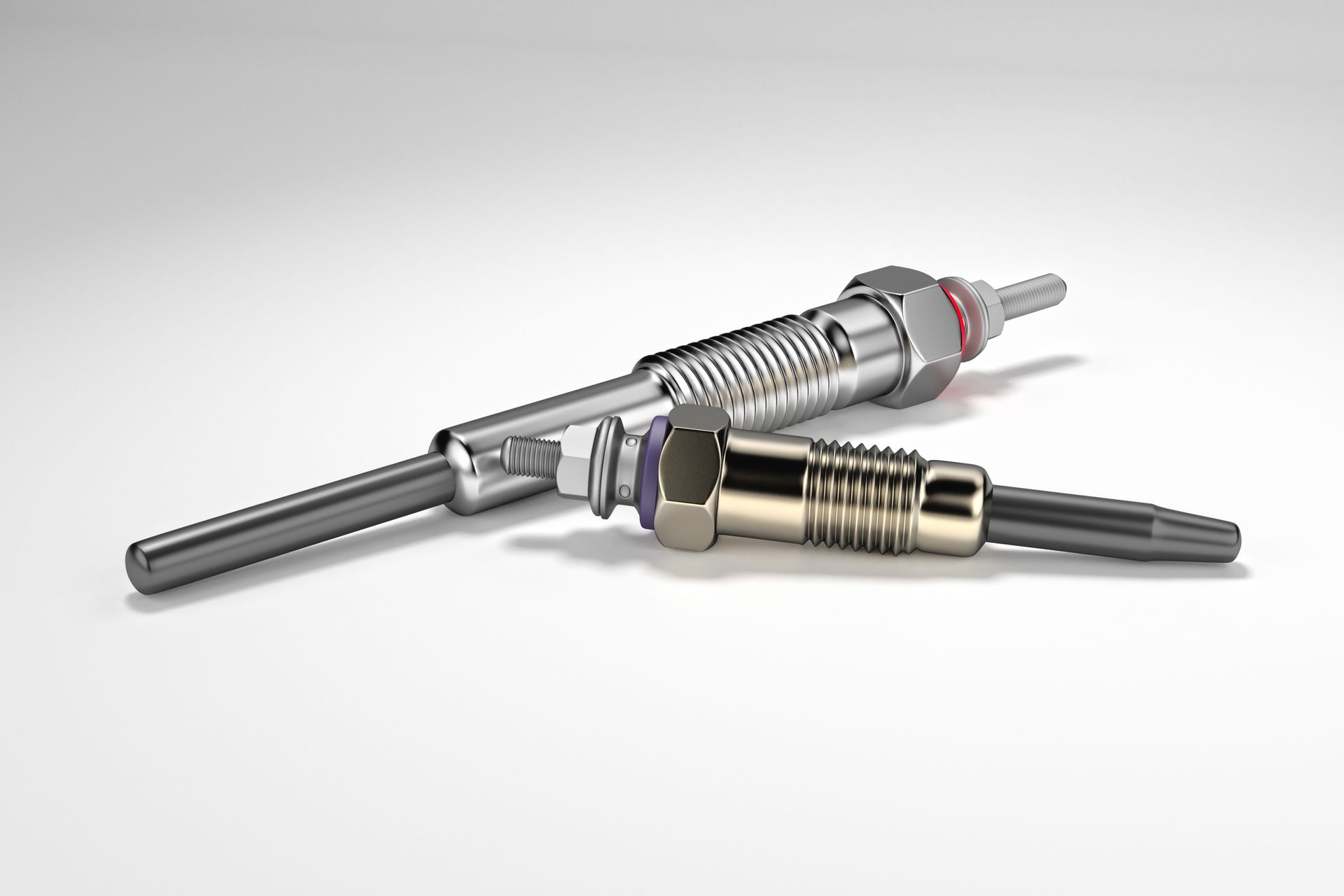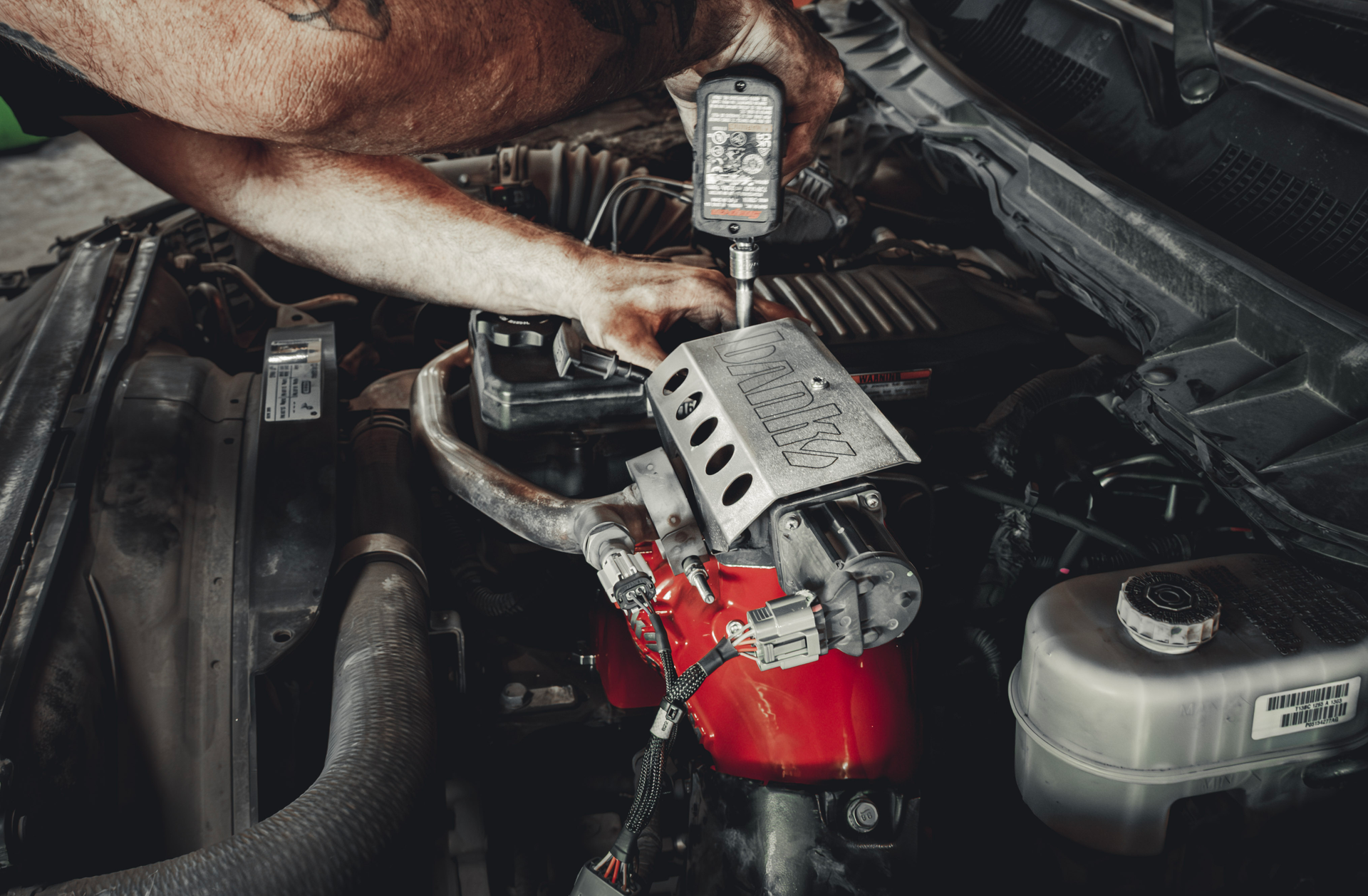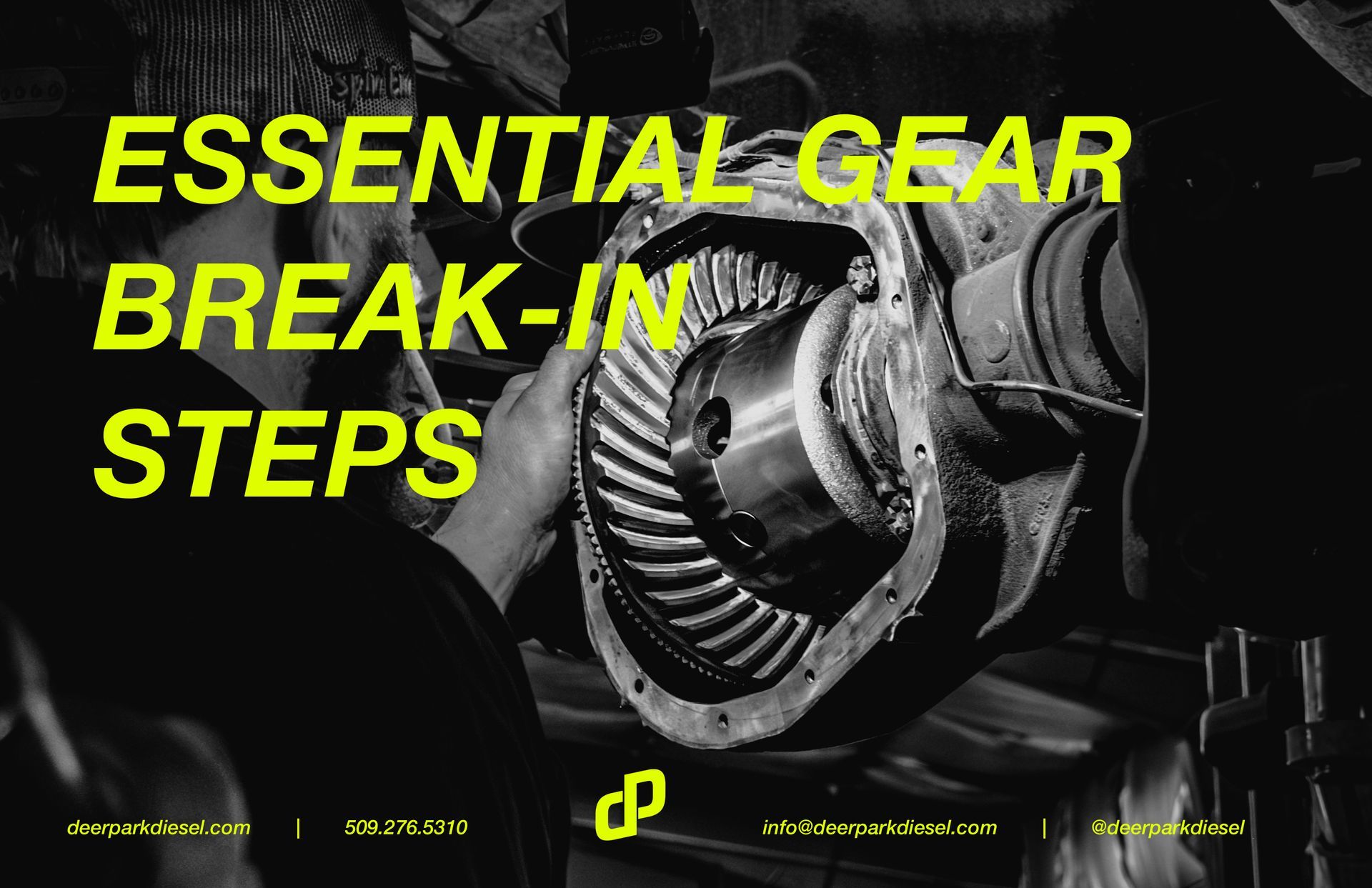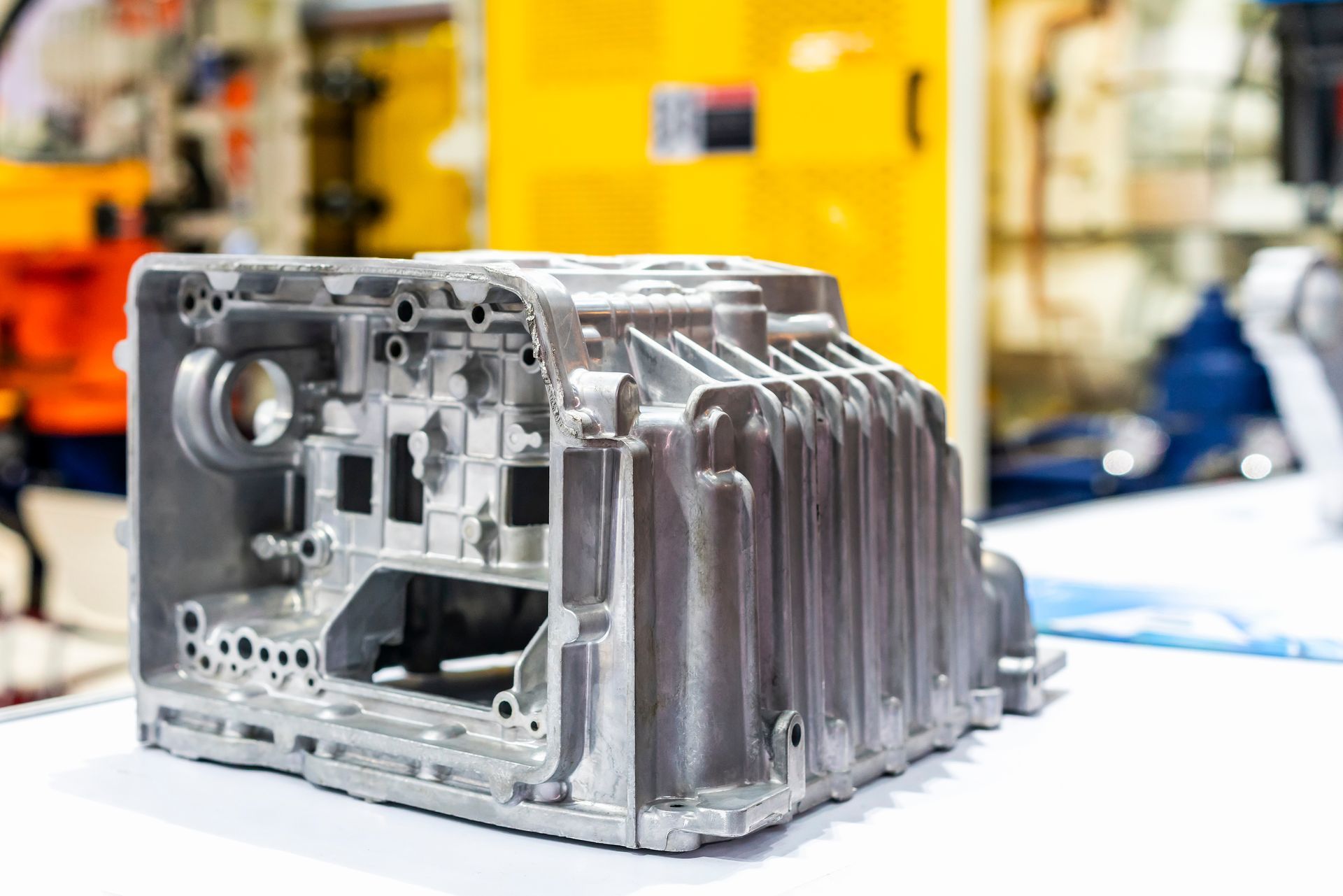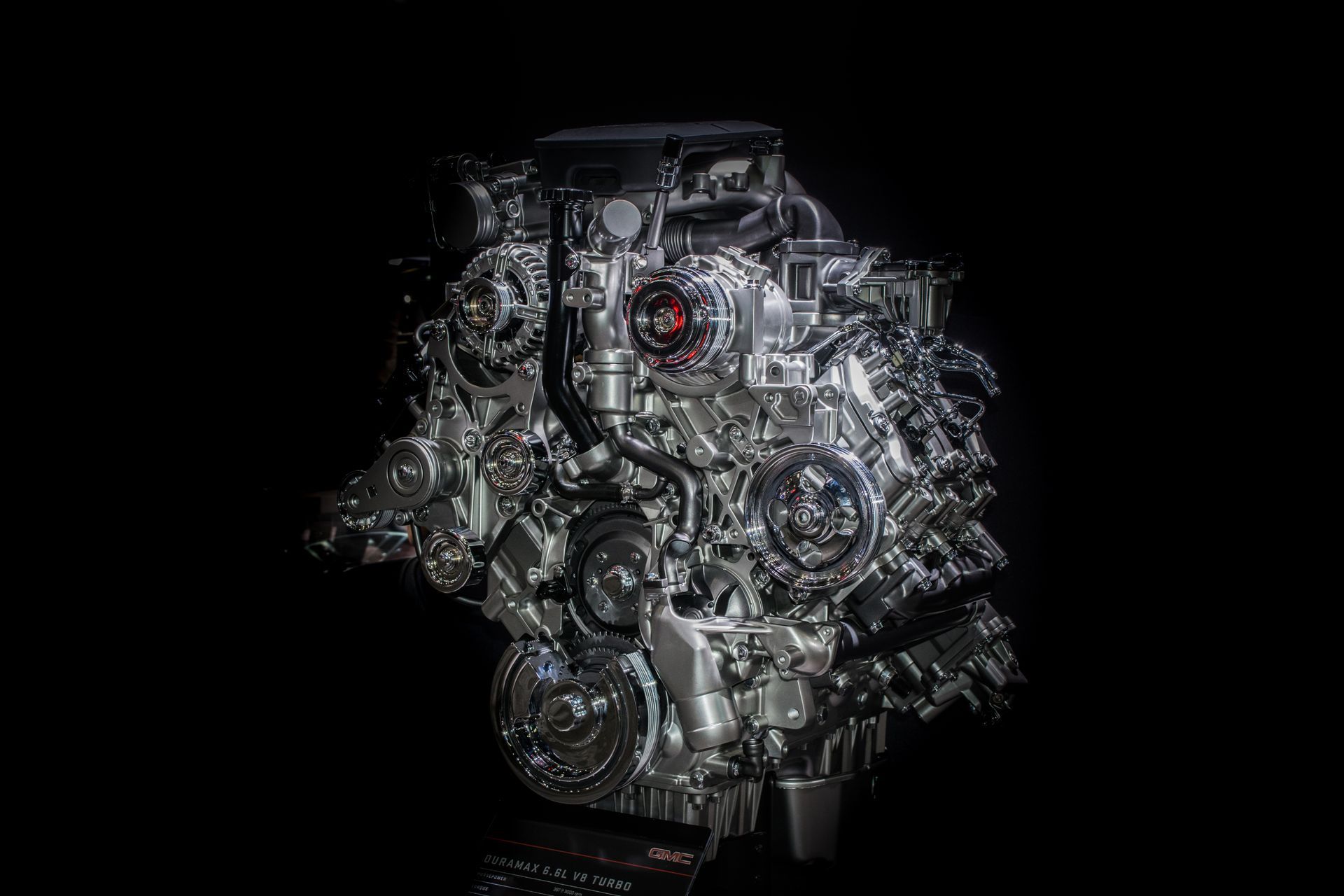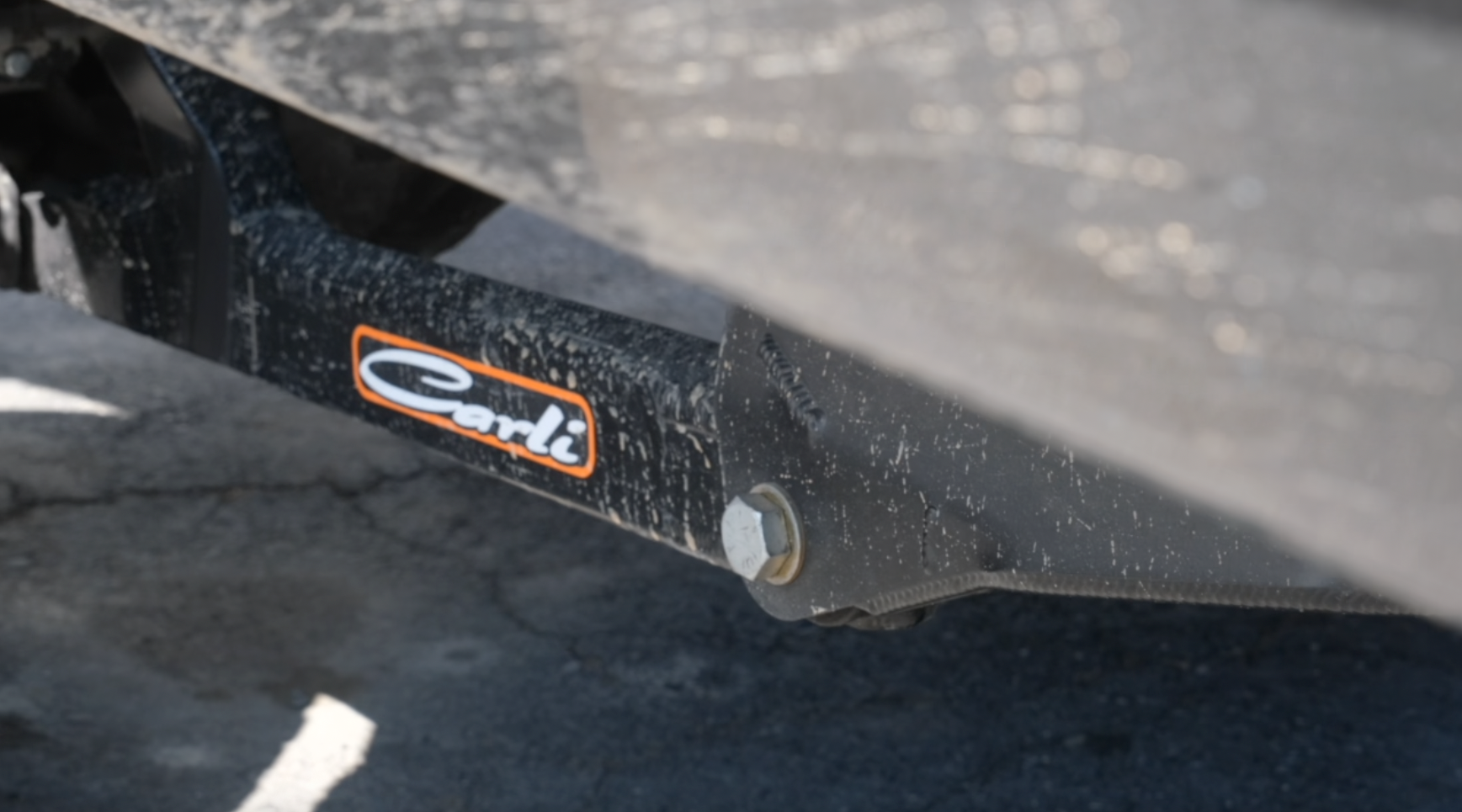Timing chains are essential components of your vehicle’s engine, ensuring that the crankshaft and camshaft rotate in sync. Their role is crucial for maintaining optimal engine performance. But do timing chains ever need to be replaced? While timing chains are designed to last a long time, they can sometimes wear out or suffer damage over time.
A Brief History of Timing Chains
The concept of timing systems in internal combustion engines dates back to the early 20th century, with the development of the automobile engine. In the early days, engines used gear-based systems to keep the crankshaft and camshaft in sync. However, these systems were noisy and inefficient.
In the 1930s, the timing chain was introduced as a quieter and more efficient alternative. Made of steel, the timing chain operates in a similar way to a bicycle chain, transferring motion from the crankshaft to the camshaft. The chain ensures that the camshaft opens and closes the engine’s valves at the proper times, allowing for smooth engine operation.
The development of the timing chain was a significant step forward in engine design, offering durability, reliability, and longevity compared to earlier systems. Today, most modern vehicles rely on timing chains or timing belts (depending on the manufacturer and engine design) to keep the engine running smoothly.
The Role of Timing Chains in Your Engine
The timing chain plays a crucial role in synchronizing the movement of the crankshaft and camshaft. The crankshaft drives the pistons up and down, while the camshaft operates the engine’s valves. For the engine to function properly, the timing of these components must be in perfect harmony.
The timing chain is driven by the crankshaft and rotates at half the speed of the crankshaft, which allows the camshaft to open and close the engine’s valves at the right moments. This process ensures that the engine’s intake and exhaust cycles occur in sync with the pistons’ movement, optimizing fuel combustion and engine efficiency.
Do Timing Chains Need to Be Replaced?
Unlike timing belts, which are typically replaced around 60,000 to 100,000 miles, timing chains are designed to last the lifetime of the engine. However, this doesn’t mean they’re immune to wear and tear. Over time, a timing chain can stretch, wear out, or become damaged due to various factors, including poor maintenance, oil contamination, or extreme engine stress.
Signs Your Timing Chain Needs Replacing
- Rattling Noise from the Engine
- Engine Misfires or Rough Idling
- Check Engine Light
- Loss of Power or Acceleration Issues
- Engine Won’t Start
Why Timing Chains Were Created
The main purpose of the timing chain is to improve the synchronization between the crankshaft and camshaft. Without this synchronization, the engine’s intake and exhaust valves wouldn’t open and close at the correct times, resulting in inefficient engine performance or even damage to the engine.
Timing chains were developed to address the shortcomings of earlier systems, such as gears and belts, which were either noisy or had limited lifespans. The chain system offered a more durable solution, able to withstand the high stress and heat generated in an engine’s operation.
If you’re concerned about your timing chain or belt, it’s time to bring your vehicle in for a comprehensive inspection. At Deer Park Diesel in Clayton, WA, we specialize in engine diagnostics and repairs, including timing belt replacements.
Don’t wait until a small issue becomes a major problem—contact us today to schedule an appointment.



